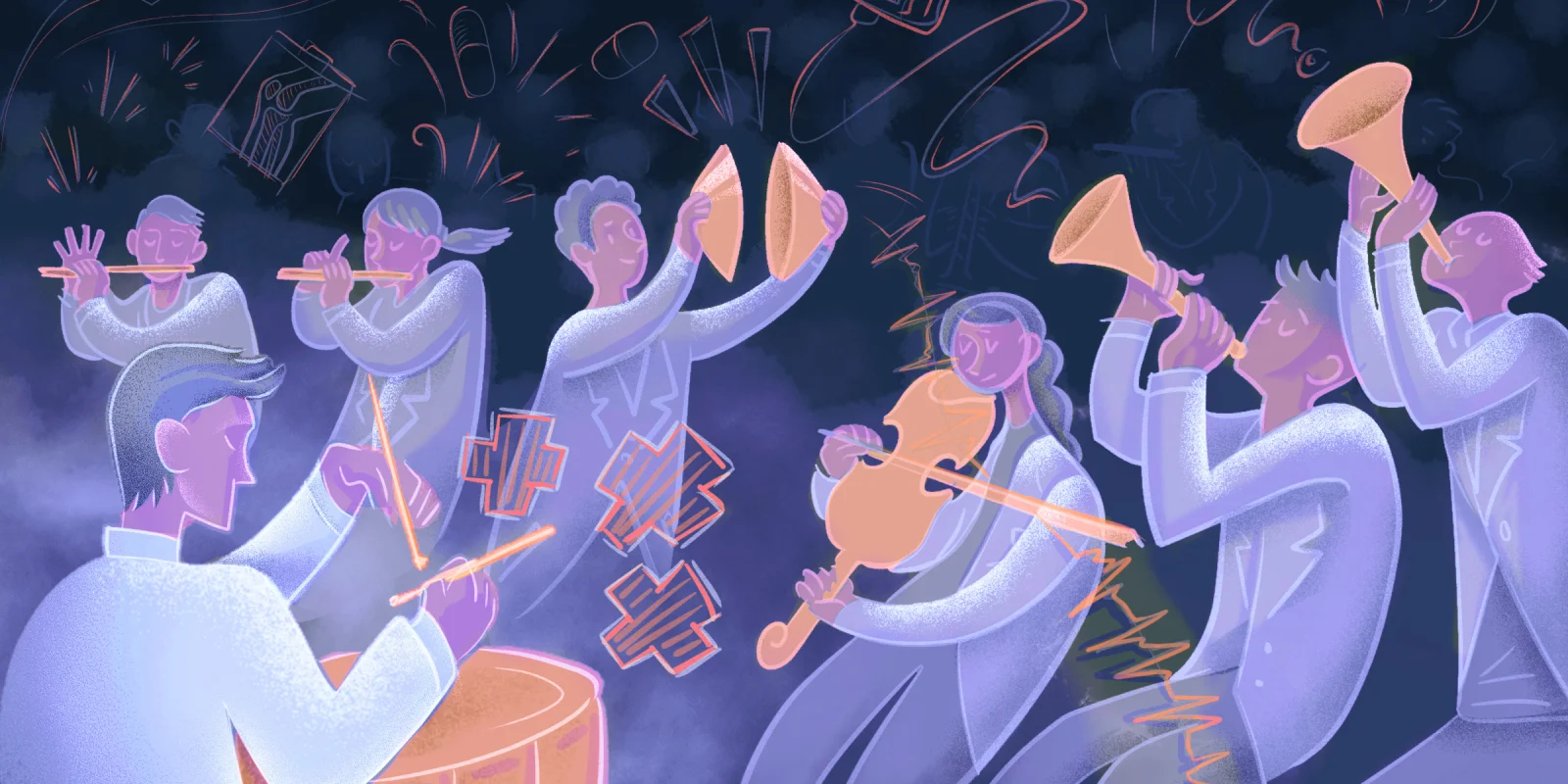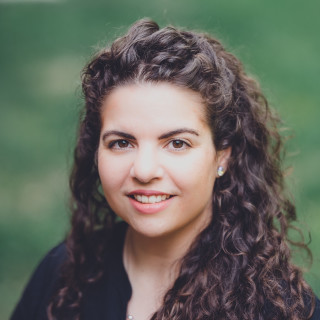If you dabble in visual art, poetry, or other humanities, send it to us here.
“You’re making the biggest mistake of your life.”
This was what I heard from the director of the music education department at my university when I met with her to request a letter of recommendation to an Ivy League graduate nursing program.
I had made the decision to pivot from music to medicine, and as soon as I made that decision, I was met with comments like hers, or questions about why I would “waste my undergraduate education.”
The way others saw it, this decision meant that I would completely exit music in favor of a profession that was a full 180 degrees away.
But as I would soon learn (and perhaps knew intuitively all along), these two fields might actually be more adjacent than some might think.
Despite the seemingly dichotomy of arts and sciences, research has been done over the years that correlates the study of music with higher academic performance in mathematics as well as science.
Additionally, studies have also shown that long-term musical group interaction has a positive influence on empathy skills in children. Since studying music can lead to higher math, science, and empathy skills, it should come as no surprise that there are many health care professionals who are current or former musicians.
I didn’t realize this at the time, of course, but after arriving at Yale to start my nursing program, I found myself craving a musical community in my free time. I figured I would find a local community orchestra, or perhaps a hobby orchestra at the university for those not studying at the school of music. Imagine my surprise (and excitement) when I learned that there was a Yale Medical Symphony Orchestra (YMSO).
The YMSO was an all volunteer, full orchestra that featured musicians who were staff, faculty, trainees, and students from all areas of the Yale medical center, including the hospital, the medical school, the nursing school, and the school of public health. Playing with the YMSO was transformative for me — it was an opportunity for me to decompress from the stresses of school and clinical experiences, and it was also a way for me to interact with my professional colleagues in a whole new way.
There was not a lot of opportunity for small talk, since the weekly rehearsals were focused and efficient, but we would communicate about bowings, tempo, and other things related to our repertory. I often didn’t know what role they played in the medical community, but would rather name and label people based on their position within the orchestra (principal cellist, second flute, percussionist).
In an orchestra, there isn’t much of a hierarchy. There are assigned parts and seating, but it is very much a communal, collaborative experience. In the medical field, however, hierarchy is very much built into the structure of learning environments and care delivery. When I found out that my stand partner was an accomplished pulmonologist and director of the lung cancer screening program, it was humbling, to say the least, since we would otherwise not have much casual interaction in the hospital setting. As a nursing student, I would occasionally see members of the YMSO during my clinical rotations, and for them to say hello and acknowledge me was helpful and memorable during a time when I was trying to figure out where I fit into the complicated structure of roles within the medical community.
While I’ll never forget the criticism and judgement I received for “giving up” my music career, that part of my background feels like my superpower. As I studied to become a nurse and then an NP, I was often recognized for my listening skills, my non-verbal communication, and my empathy. There are so many opportunities to showcase the intersection of medicine and the humanities, whether it be through visual arts, writing, or music.
In writing this piece, I decided to see what the YMSO has been up to. They have been on hiatus due to the pandemic, but one of the former conductors founded the National Virtual Medical Orchestra in 2020. They debuted their first performance in June 2020, featuring 50-plus musicians and medical practitioners from across the country.
While it’s been a few years since I’ve picked up my violin, I find myself craving that expressive outlet again. Ultimately, what was perceived as a “professional mistake” turned into a beautiful opportunity to learn and cultivate empathy and collaboration among my medical colleagues. To my surprise and delight, the two seemingly unrelated fields of music and medicine are profoundly complementary. Regardless of whether playing is an opportunity for me to escape the daily stressors or practice my listening skills, it is a skill that will always remain part of my professional repertoire.
If you play an instrument, how has that skill helped your patient care? Share your notes — musical and medical — in the comments.
Amanda Guarniere is a dual-certified adult and women's health NP with a focused clinical background in emergency medicine. She holds a BA in Italian Literature and Violin. She believes strongly in the healing and educational power of storytelling. She is also an entrepreneur and works with other NPs as a career mentor so that they may find personal and professional fulfillment. She is a 2020–2021 Doximity Op-Med Fellow.
Illustration by April Brust







